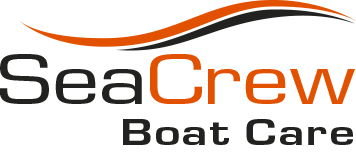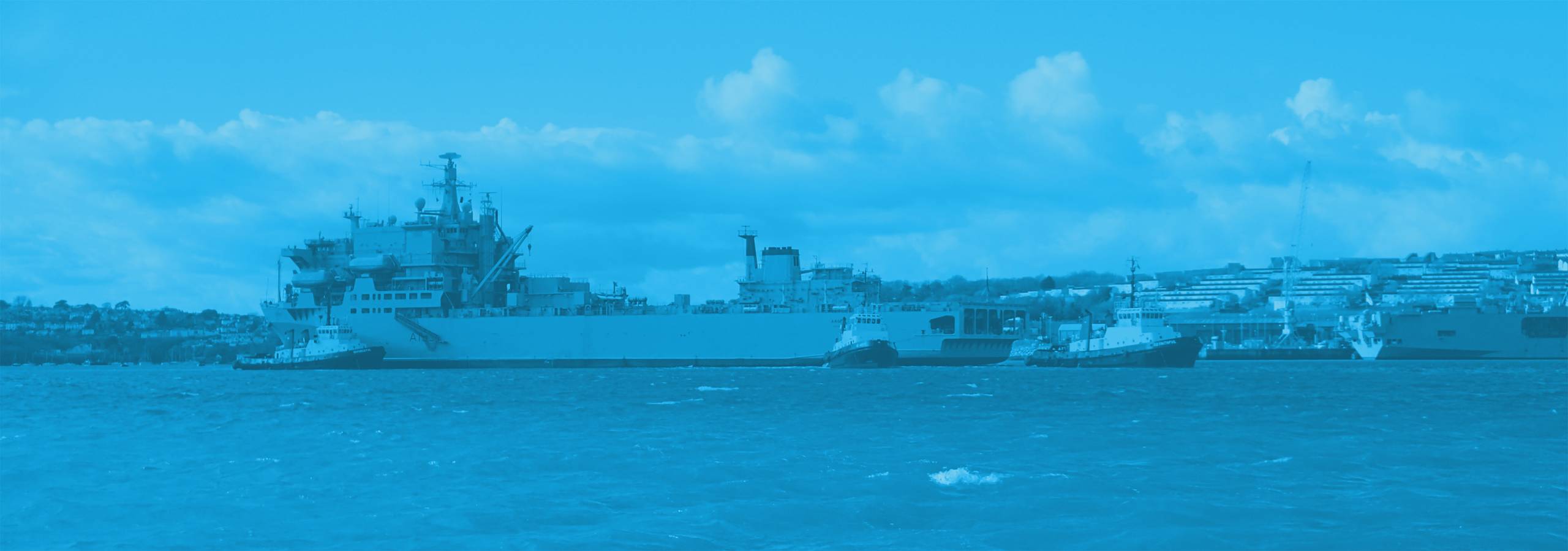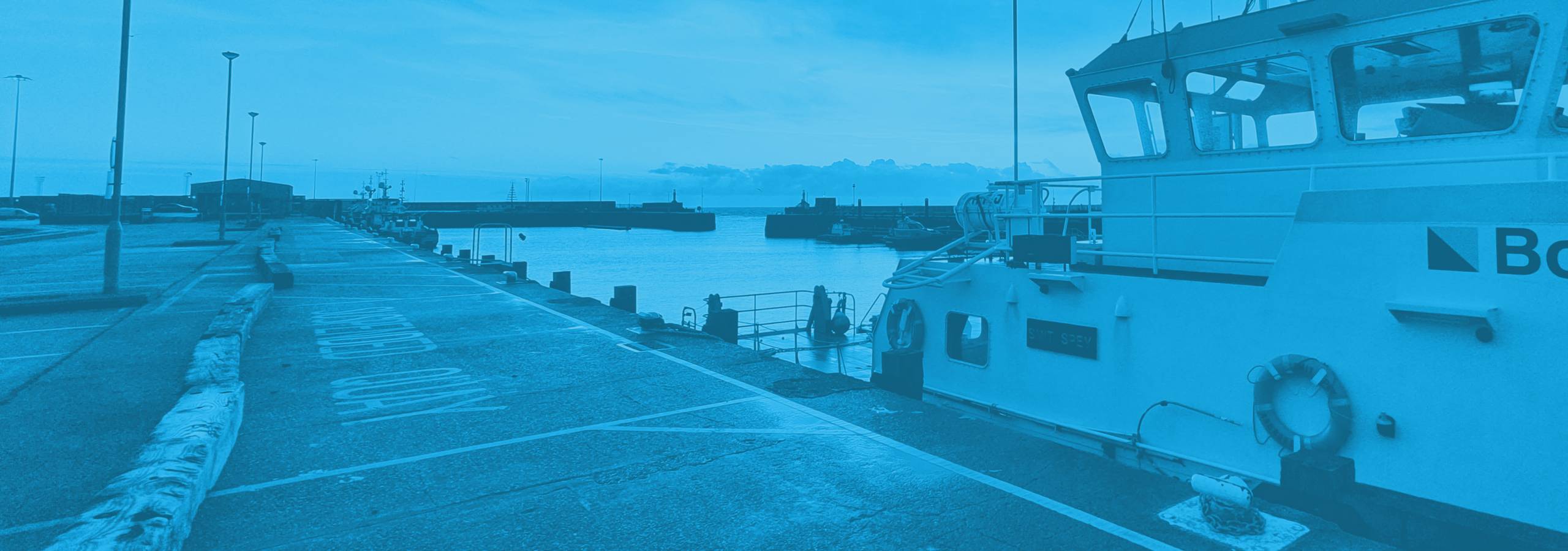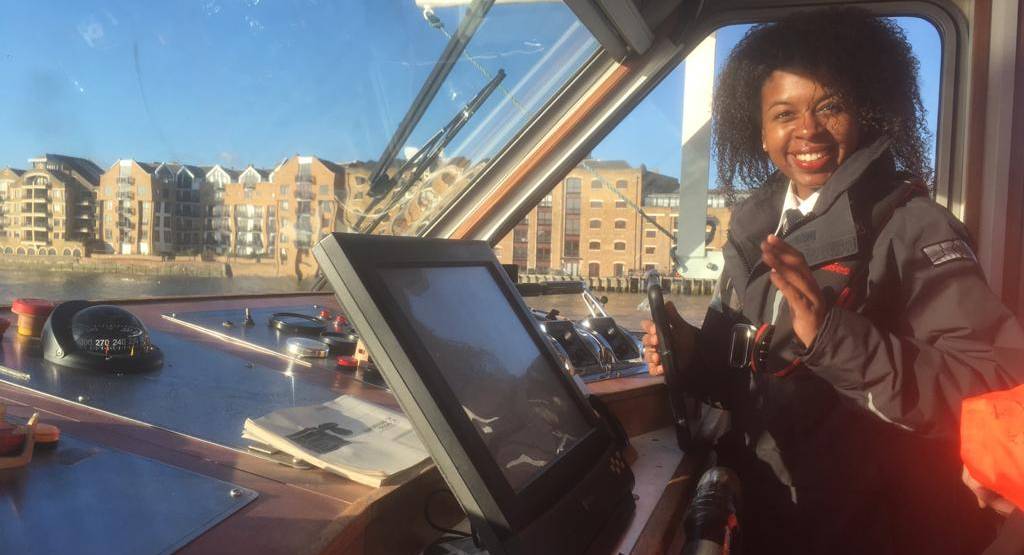
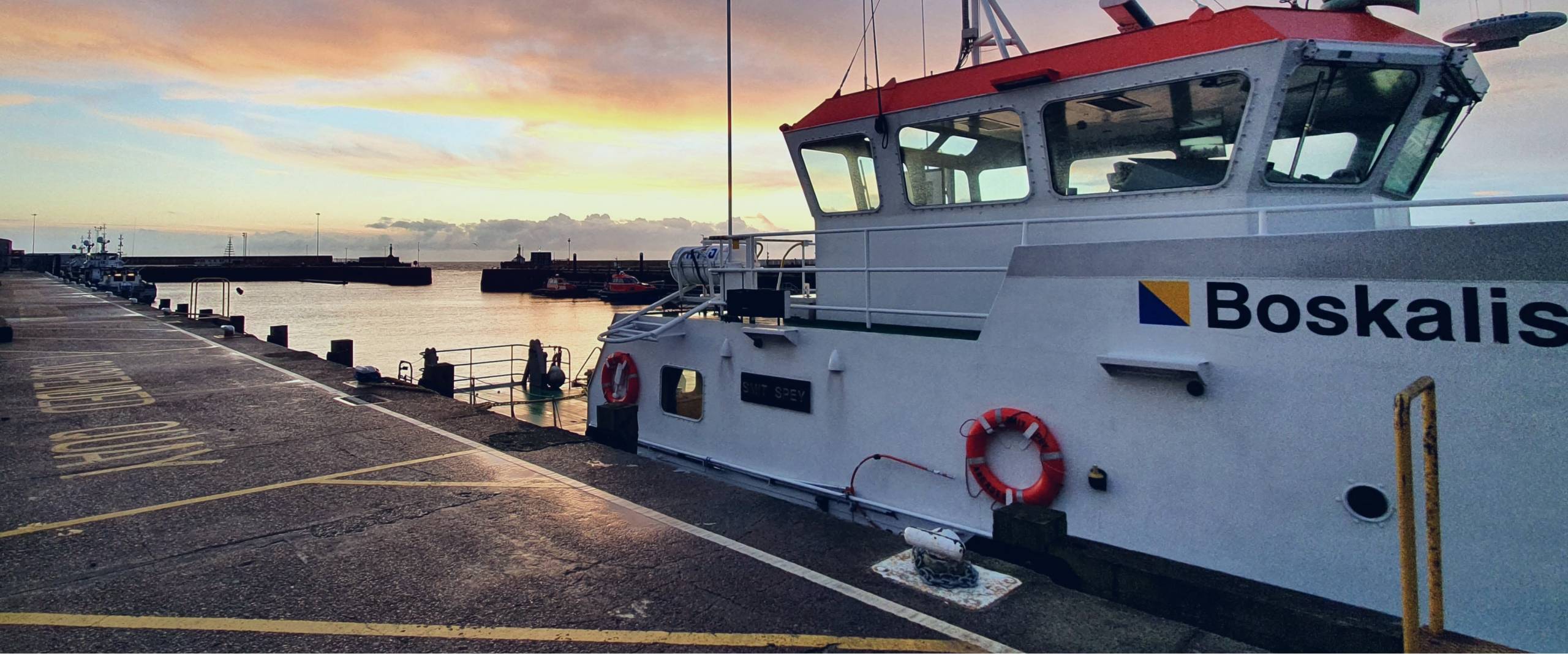
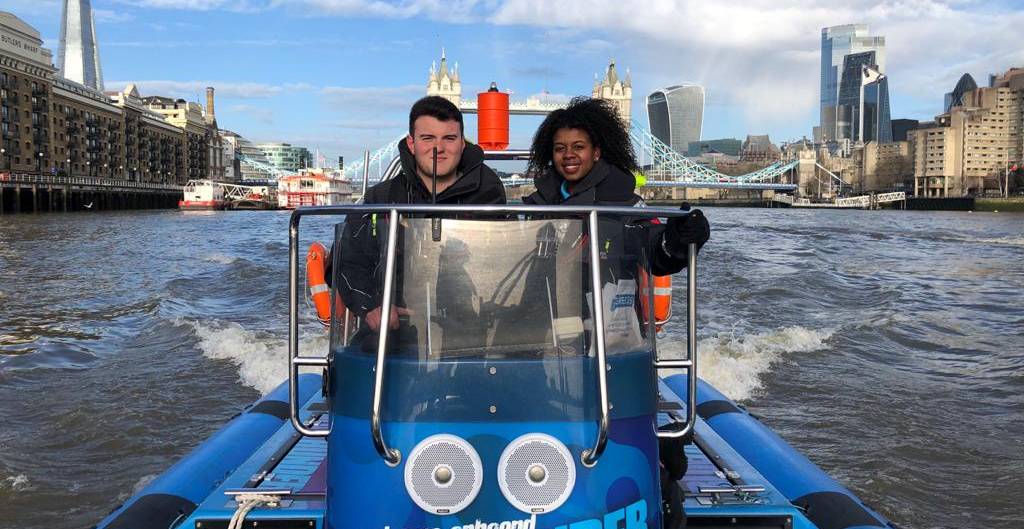
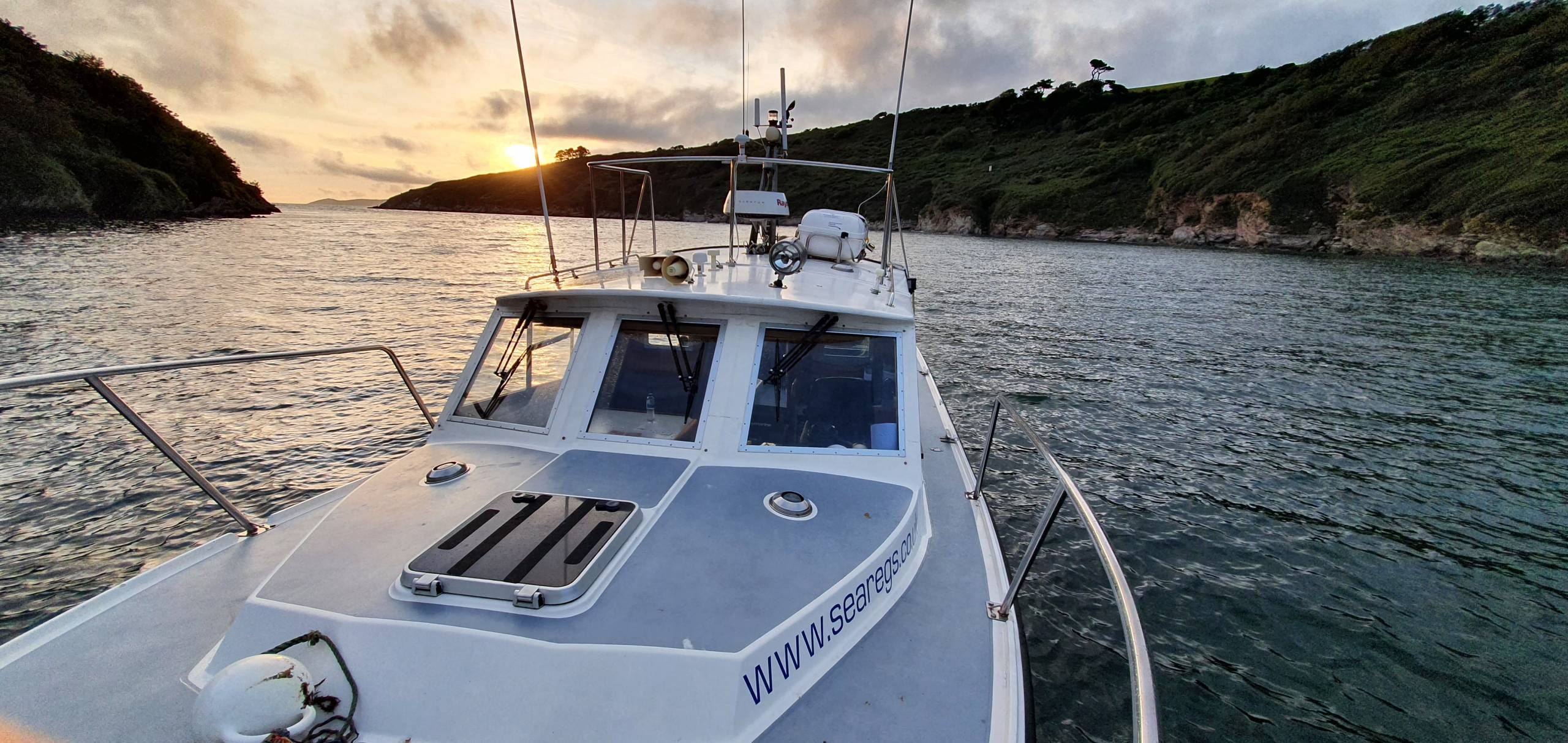
How do apprenticeships work and how will they benefit my business?
Simon Jinks is a director at SeaRegs Training based in Plymouth, Devon. As a leading provider of marine apprenticeship training, in this blog he explores how apprenticeships work and the benefits to employers.
What is an apprenticeship and how does the latest government budget affect apprenticeship schemes?
A marine Apprenticeship lasts for between 1 and 2 years. You can employ apprentices at different levels, from school leavers and university graduates to people who want to further their careers or change career direction. You can hire someone new or upskill an existing employee. Here at SeaRegs Training, we offer 3 marine apprenticeships; BoatMaster, Workboat Crew member and Port Operative.
The latest Apprenticeships are an exciting option for both apprentice and employer. Hiring an apprentice is a productive and effective way to grow talent and develop a motivated, skilled and qualified workforce.
You can adapt their training according to your business' needs, motivate them to learn new skills, and expand and upskill your workforce.
Following the spring 2021 government budget, Rishi Sunak announced additional financial benefits to employers to boost job opportunities for young people in the UK. This is being done by increasing incentive payments to firms taking on apprentices.
As an employer, you are entitled to funding from the government to help pay for 95 - 100% of the training fees. If your company pays into the Apprenticeship Levy, you pay no more contributions. If your company is not a ‘levy payer’, your company pays 5% of the training fee over the Apprenticeship term. The only extra costs are travel and accommodation for the apprentice if required.
Presently there are incentives of up to £3,000 if you employ an apprentice before 30th September 2021, so now is a great time to take up this opportunity to grow your team.
What will you pay your apprentice?
You must pay your apprentice for time spent training or studying for their Apprenticeship. There are different rates of pay for apprentices depending on their age and what year of their Apprenticeship they’ve completed. The minimum wage for all apprentices is at least £4.30 per hour moving up to the national minimum wage after a year and if they are over 19 years old. This is at your discretion and you may choose to pay more.
- Aged 16 to 18: The current National Minimum Wage rate for an apprentice is £4.30 per hour*
- Aged 19 or over and in their first year: The current National Minimum Wage rate for an apprentice is £4.30 per hour*
- Aged 19 or over and have completed their first year: Apprentices will be entitled to the National Minimum Wage or National Living Wage rate for their age*
*Please note that these wages are adjusted by the government each April.
How can SeaRegs Training help you?
You employ a BoatMaster, Workboat or Port Operative Apprentice, and we train them. We can assist you in the recruitment process if required.
Whilst they are working as an apprentice for you, you train them in the job they will eventually be doing, and we train them in the underpinning knowledge and get them certificated. The employer, apprentice and training provider work together and have periodic reviews to ensure that the apprentice stays on track.
Apprentices come out of the training with an Apprenticeship qualification following an end-point assessment and other certification (such as a skipper’s qualification) relative to their role, such as manual handling, first aid, slinger and signaller, forklift operator. Please refer to the individual Apprenticeship web pages for more information.
Commitment
Your Apprentices must spend at least 20% of their normal working hours training. You must offer apprentices the same conditions as other employees working at similar grades or in similar roles. This includes:
- paid holidays
- sick pay
- any benefits you offer such as childcare voucher schemes
- any support you offer such as coaching or mentoring
The contract of employment should make it clear what wage you’ll pay your apprentice and for what hours.
Our commitment
At SeaRegs Training, we work in conjunction with the Marine Society and Sea Cadets (MSSC). We specialise in internationally recognised STCW, MCA SQA and RYA courses and Apprenticeships. Each training segment is conducted in Plymouth, London or an employer's base. SeaRegs provide a personal and friendly experience, and we are committed to ensuring that the apprentices gain the necessary skills, knowledge and support in their learning.
We put every effort into our course structures to ensure they are interesting, practical and engaging. We have a range of workboats and rigid inflatable boats for gaining practical experience afloat while training with us.
SeaRegs also has a workshop for engineering and vessel construction training and navigation along with radar simulator rooms for shoreside training. The MSSC is a seafarers' charity in the United Kingdom and the national organisation for Sea Cadets. The MSSC are passionate about providing a brighter future for people and seafarers nationwide.
We look forward to discussing your apprenticeship journey
Visit our website www.searegs.co.uk or call Simon Jinks +44 (0)1752 408270
